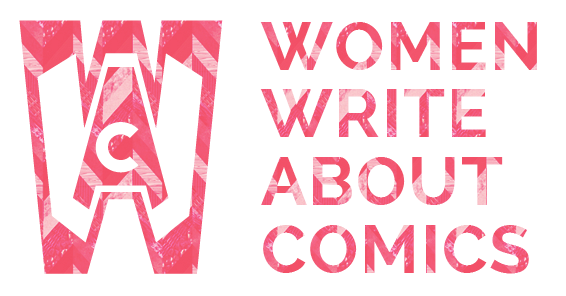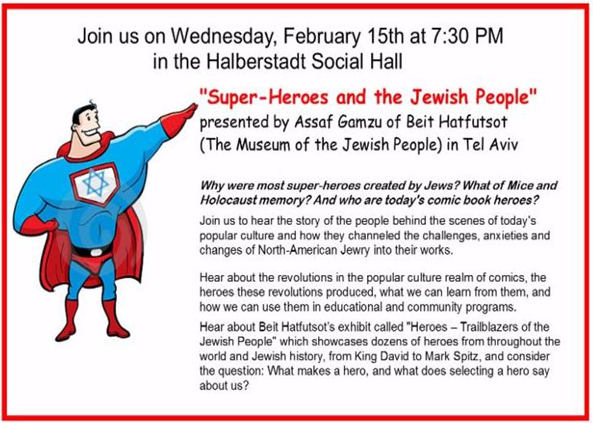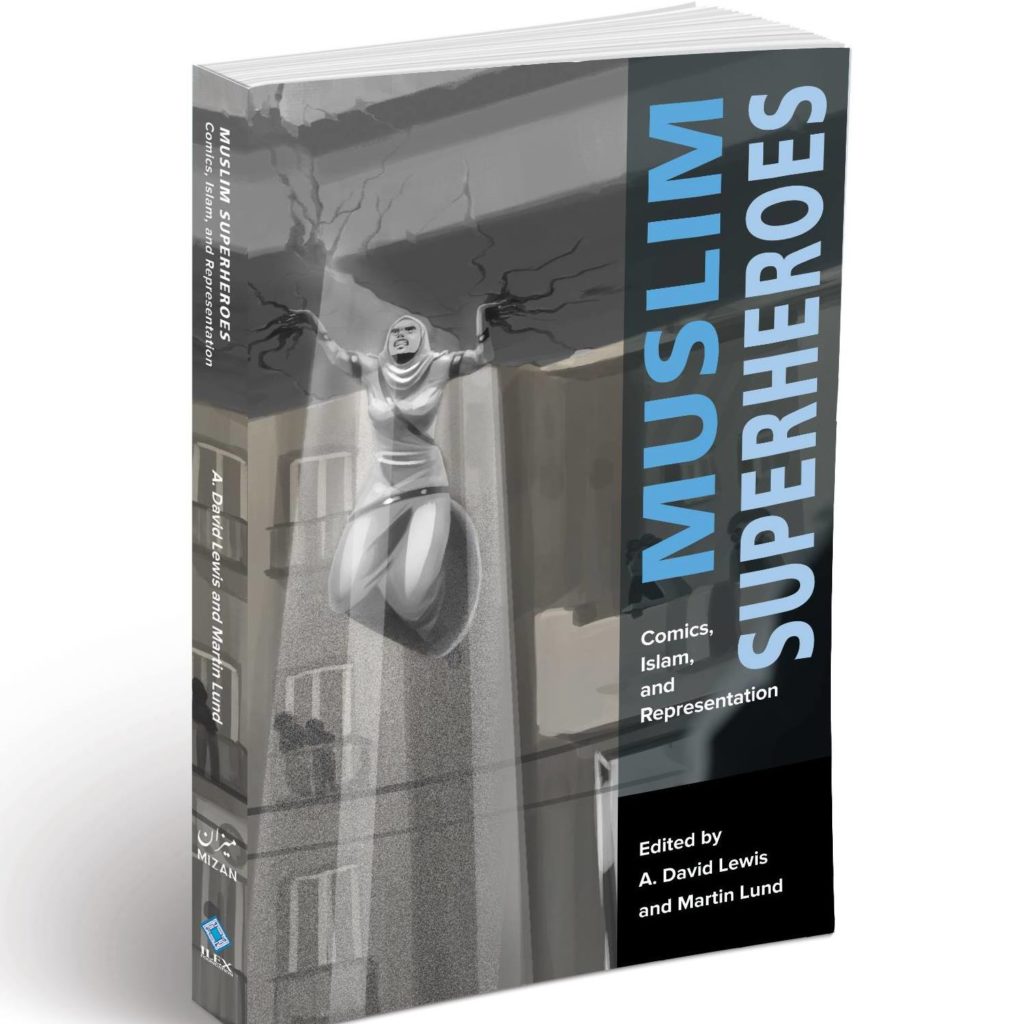 A year or two ago, S&S Founding Members David McConeghy and A. David Lewis sat down to discuss the latter’s new book, American Comics, Literary Theory, and Religion: The Superhero Afterlife for The Religious Studies Project. Since that time, The Superhero Afterlife went on to be nominated for an Eisner Award, and McConeghy has switched American coasts, moving from West to East.
A year or two ago, S&S Founding Members David McConeghy and A. David Lewis sat down to discuss the latter’s new book, American Comics, Literary Theory, and Religion: The Superhero Afterlife for The Religious Studies Project. Since that time, The Superhero Afterlife went on to be nominated for an Eisner Award, and McConeghy has switched American coasts, moving from West to East.
However, at around the same time, RSP’s own David G. Robertson penned this incisive response to the subject of their conversation, which, in light of 2017 politics and recent criticism of mainstream superhero storylines, now feels remarkably prescient.
Therefore it is vitally important for a non-essentialist and non-elitist study of religion that we consider comics in their cultural and historical context. Without that, structural analyses may be merely repeating hegemonic categories and structures of power.
Robertson is a Co-founding Editor of the Religious Studies Project and a committee member of the British Association for the Study of Religion. For his full CV, see his Academia page or personal blog here.


 His Wonder Woman stories from the 1940s demonstrate distinctively different values, including a commitment to nonviolence. After his death, later writers took the character apart, until by the early 1960s Wonder Woman had been demoted to Secretary of the Justice League and would stay behind while the male superheroes left on missions. Wonder Woman has had a few interesting rewrites since then, some more sophisticated than others, but I don’t think she’s ever been as revolutionary a character as she was in those early days.
His Wonder Woman stories from the 1940s demonstrate distinctively different values, including a commitment to nonviolence. After his death, later writers took the character apart, until by the early 1960s Wonder Woman had been demoted to Secretary of the Justice League and would stay behind while the male superheroes left on missions. Wonder Woman has had a few interesting rewrites since then, some more sophisticated than others, but I don’t think she’s ever been as revolutionary a character as she was in those early days.


 This Fall,
This Fall, 